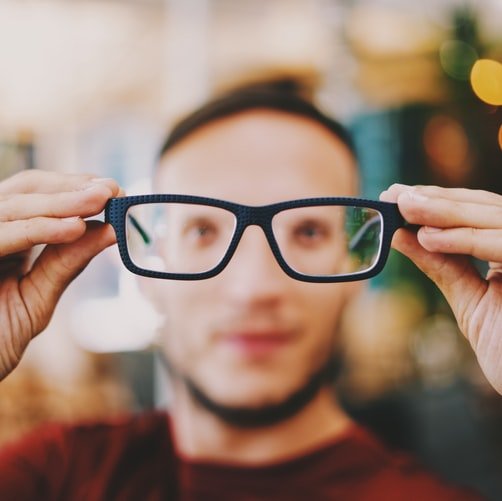What To Expect From An Optician, Not Just A Doctor

DescriptionAn eye doctor is a person who offers a service focused on the eyes or visual acuity. It's any health care worker involved with eye care, from a nurse to one with little more than a few years of post-high school education. In the United States, the most common eye doctor is optometrist, followed by an optician, optoephthalmologist, and ophthalmologist. Some states require that doctors have at least a master's degree in vision care, so that they can treat more effectively eye disorders, such as glaucoma. The most popular eye specialist surgeries are cataract surgery, corneal topography, and laser eye surgery. Click here to learn more about eye specialist.
DiagnosisTo accurately diagnose eye problems, a doctor must review a series of symptoms. These include any pain in the eyes, blurriness, glare, halos, blind spots, sensitivity to light, decreased contrast, and decreased ability to focus on nearby objects. A visual examination is the first step in a screening and diagnostic regimen. The eye doctor will examine your eyes under a variety of conditions, including the following: refraction, objective eye exam, optical examination, and allergy testing. If your eyes feel dry and you're not sure why, an eye exam might be called for to rule out any infection, dryness, or inflammation.
TreatmentOnce the doctor determines what your eye issues are, they will give you an overall examination to determine the nature and severity of your vision disorder. These may include a computerized eye chart that lists your refractive errors, depth of field, and color vision. Your ophthalmic history will also be reviewed, and your optometrist will examine your eyes under a magnifying instrument, a fluorescein exam, a peripheral vision examination, and a logic exam. These are routine eye exams that your eye doctor may order. Sometimes, these exams are ordered in conjunction with laboratory exams.
Laboratory examsNuclear medicine, optical coherence tomography (OCT), radiology, and biopsy are among the tools that your eye doctor may use to detect and treat your vision problems. With nuclear medicine, a sample of your blood or other fluid is analyzed to identify the abnormalities and prescribe treatments. OCT uses a laser to illuminate the nerve endings in your eye. Radiology uses radioactive material to detect and diagnose various defects. A biopsy is a surgical procedure to remove a cancerous or infected tissue from your eye.
Optometrist Care Eye exams and health care eye exams are critical for identifying vision loss and developing a treatment plan for your condition. It's important that your eye doctor keep track of your progress with these tests, as well as offering referrals to appropriate specialists when necessary. Your primary care eye doctor will be able to help you learn more about how to maintain good vision through regular eye exams and screenings. For more details about optician, view here.
In order to be a good eye doctor, you must practice high standards of professionalism. You must adhere to specific rules regarding dress, grooming, and conduct. Your practice should be organized to ensure that patients receive personalized attention. The right equipment and the most qualified practitioners can make a big difference in reducing delays in treatment. As an optician, you must know how to diagnose, treat, and prevent various diseases that affect the eyes and vision. If you practice high standards of personal hygiene, cleanliness, and follow up on appointments, you'll have an office that is productive, reliable, and safe. If you want to know more about this topic, then click here: https://en.wikipedia.org/wiki/Eye_care_professional.
